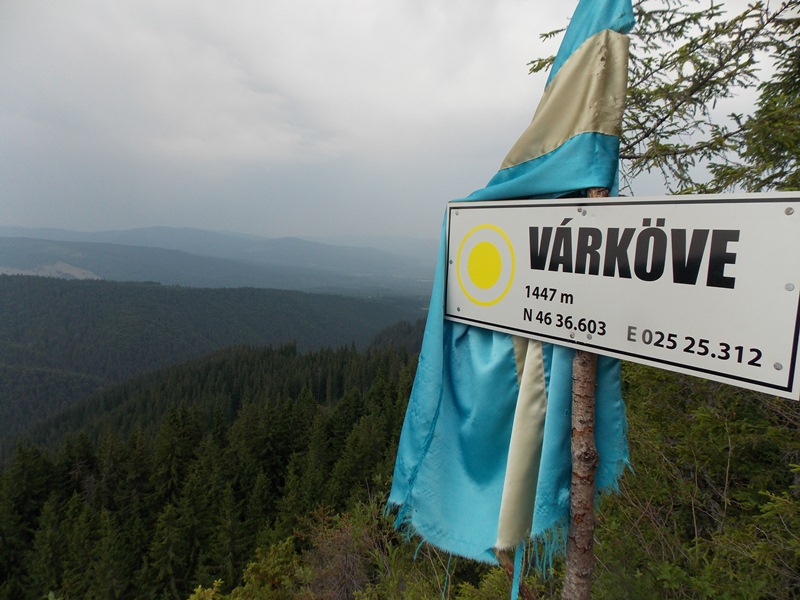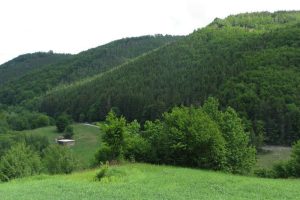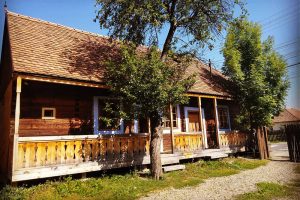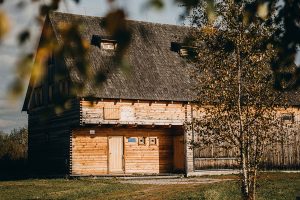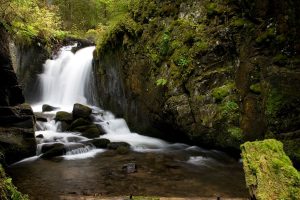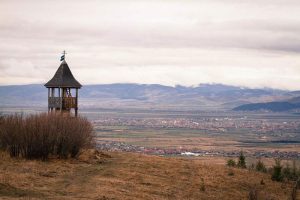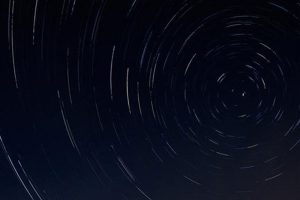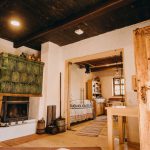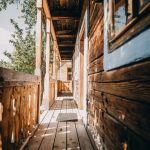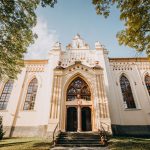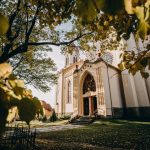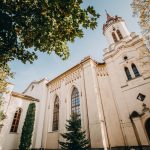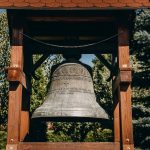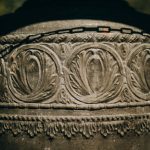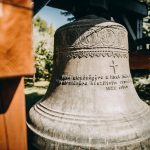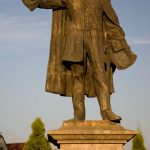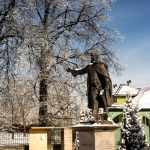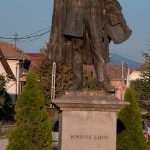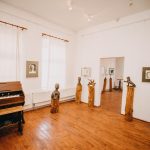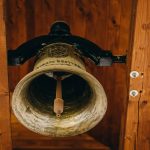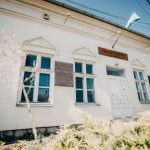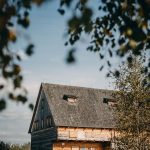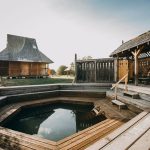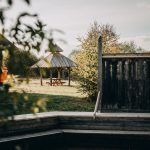Tourist Attranctions
Built Heritage
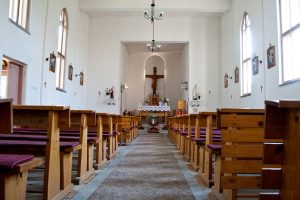
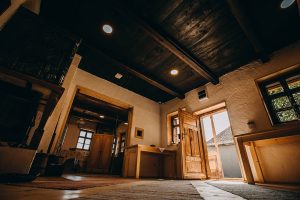
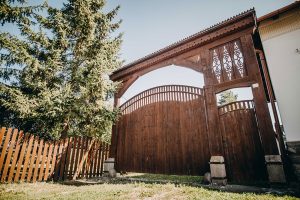
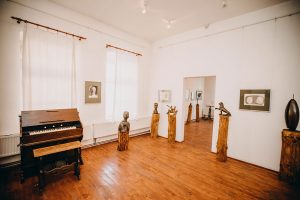
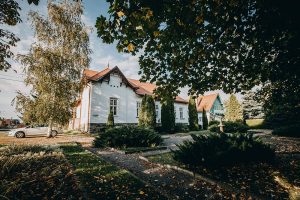
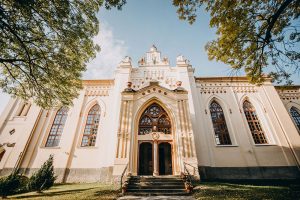
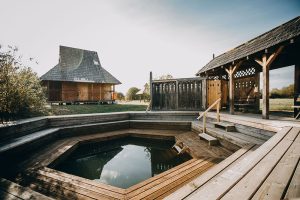
Folk museum
The St. Peter and Paul Catholic Church
It is a member of the archdeacon district of Gheorgheni which is part of the Roman Catholic Archbishop of Alba Iulia. The church which can still be seen today was consacrated in 1878 by the bishop of Transylvania, Fogarassy Mihály in the honor of Saint Peter and Paul. The church was built in a neogothic style. The towerlock was famed far wide, because it was designed by a local handyman Borsos Ambrus, to show the year, month and day at the same time.
Parish building
The parish building we see today was built in 1909.
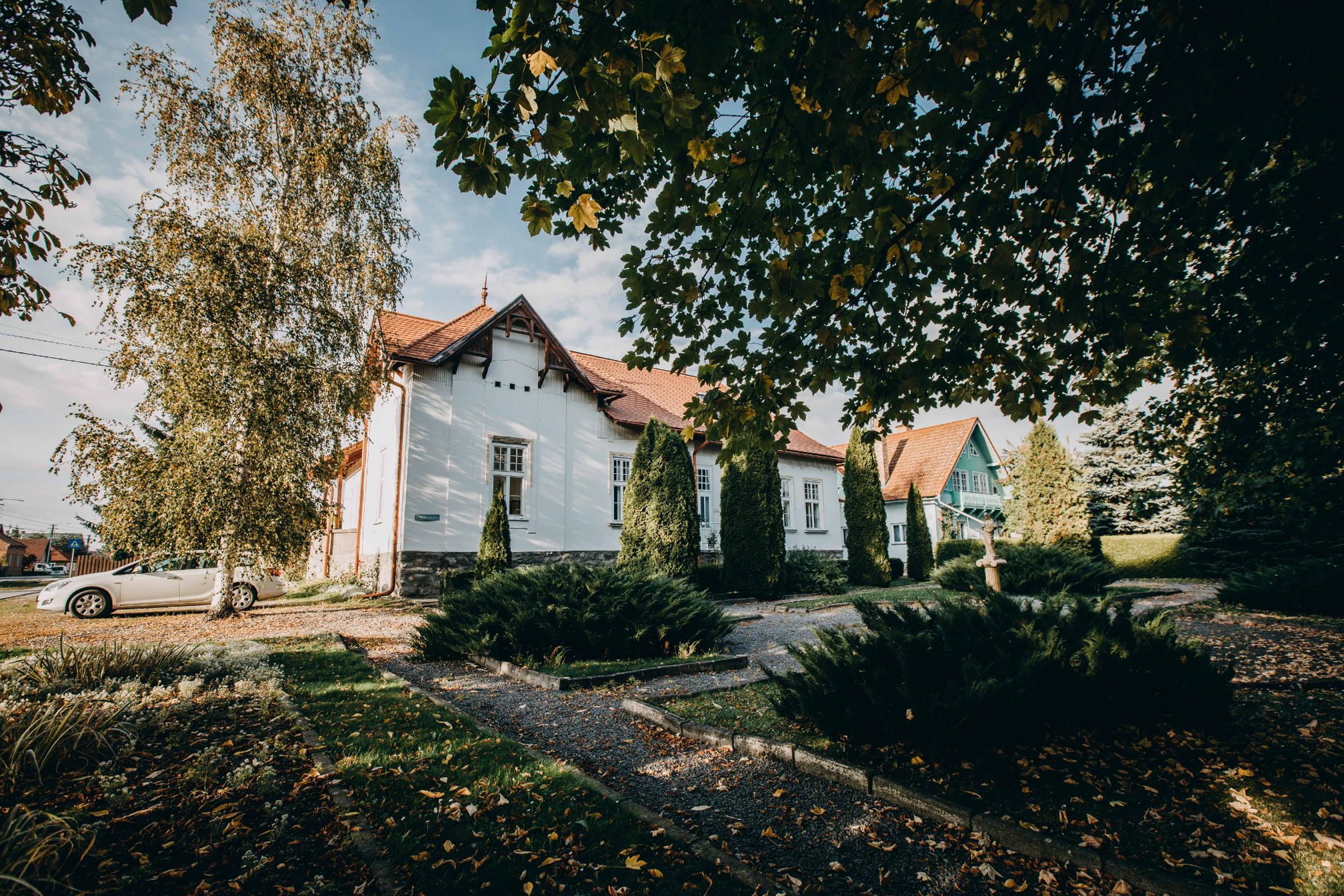
The big bell from 1926
Because the old bell which was cast in Sibiu cracked with the times, a new 600 kg bell made in Odorheiu Secuiesc from donations was inaugurated on the 24th of October, 2004. The old bell van be still seen in the parish garden.
Heroes Memorial
It was erected in 1936 in memory of the heroes of Ciumani fallen in the First World War. In 1945 the names of the heroes fallen in the Second World War were engraved on the monument, followed by the names of those 213 people from Ciumani who fought in the War of Independence.
The sword of St. István
The memorial made by Sánta Csaba was inaugurated in 2002 in the honor of the millennium festivity. It is the enlarged copy of the St. István’s sword guarded in Prague. The “tumuli” in which the cross was thrust is made from the earth gathered from various regions of the Carpathian Basin.
Stone cross from 1785
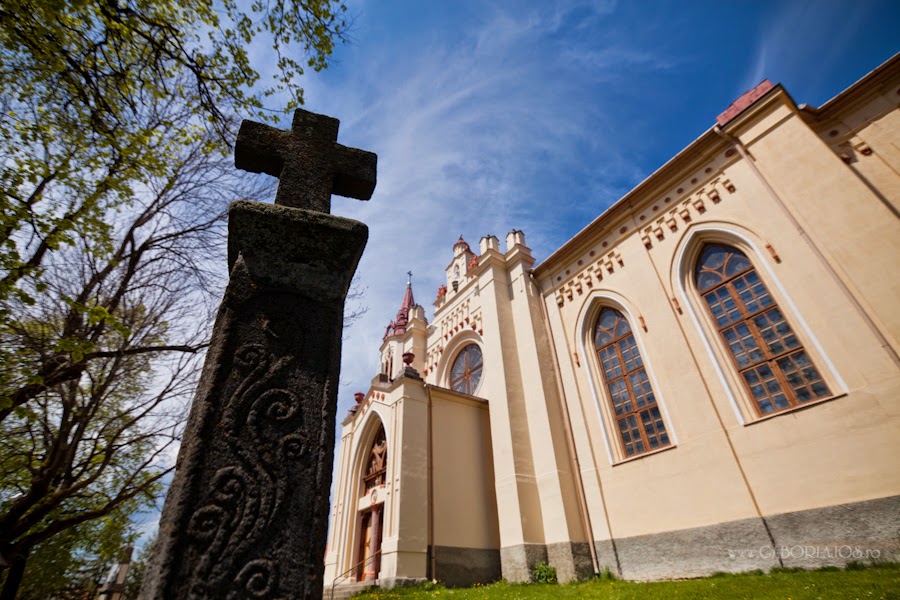
The statue of Kosstuh Lajos
The work of Köllő Miklós was unveiled in October 2001. The statue which was originally made at the end of the 19th century stood in Tîrgu Mureș, was destroyed. This was redesigned by the Borsos Miklós Art Foundation.
Borsos Miklós Memorial House
The memorial house was inaugurated in 2002 \, with the purpoe to preserve the art and moral legacy of the artist, Borsos Miklós, born in Ciumani.
The statues of Köllő Miklós (scultpor) and Borsos Miklós (sculptor, graphic designer and painter)
The statues were inaugurated in 2011.
Flora
The creation (commonly known as Primavera) of Borsos Miklós was the first statue set up in the village of Ciumani, and it was inaugurated in 1995 thanks to the Borsos Miklós Foundation.
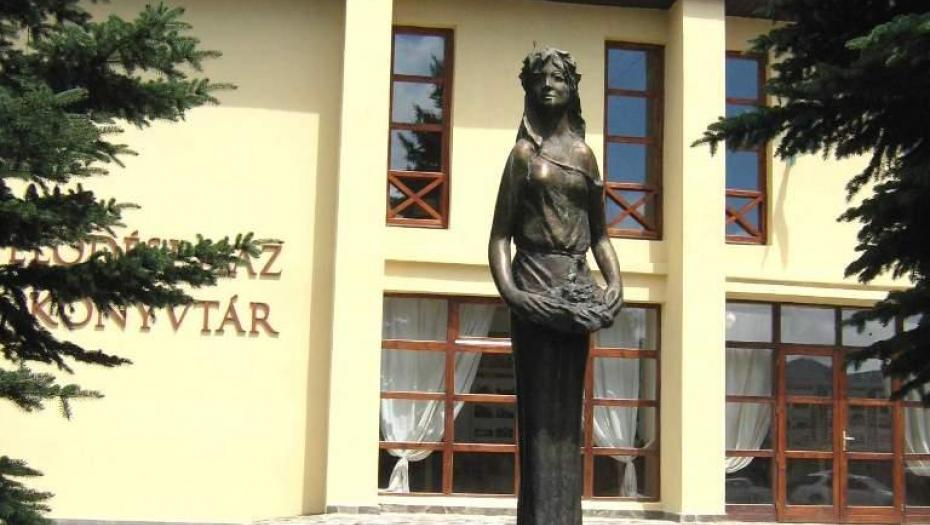
The chapel of Szászfalu
It was inaugurated in 1995.
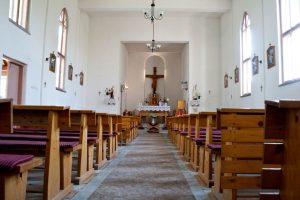
Szekler Gates
There are a lot of Szekler Gates in the village. They are unic by its motivf of the triple flower. These gates are made of Pine trees, so the motifs are not carved as regular, but they are sawn.
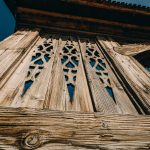
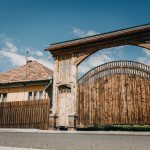
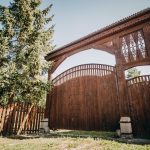
Observation tower
The observation tower situated on the ridge of Délhegy’s named Veresvirág was built at the same time with the bath, and offers a magnificent view on the whole of the Gheorgheni Basin.
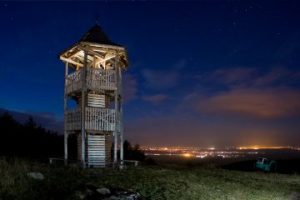
Natural Attractions
Mineral water bath
The mineral water bath was built in 2008, with the joined efforts of the villagers together with the Local Council of Ciumani, the Green Szeklerland Association and the young people. The bath is 6 m wide, and the depth of the uprising mineral water varies> but is normally around one meter.
The footprint of Jesus
The legendary stone is situated on the way to the highest peak of Ciumani, Amza.
It is an andesite stone with a footprint-like hollow.
Mureș River
The Mureș river is a 789 kilometre long river in Eastern Europe.
It originates in the Hășmașu Mare Range in the Eastern Carpathian Mountains, not far from Ciumani.
In the 1800s the villagers used the river for rafting, to sell the timber in the distant cities like Alba Iulia and even Szeged in Hungary.
Mineral water
There are several mineral water wells in the village, from where the locals can fill their water bottles.
In the past century the mineral water of Ciumani it was transported with horse-drawn carriages to the city of Gheorgheni.
Kőzúgó
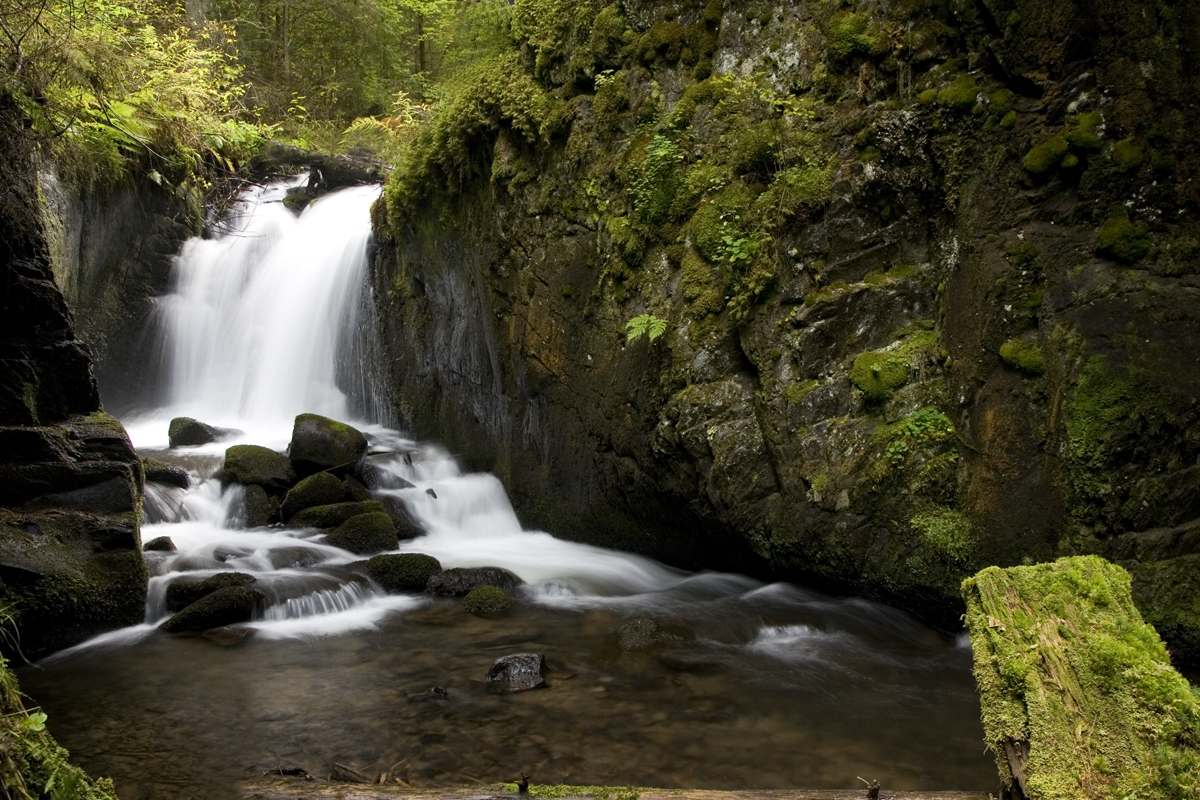
Várköve
